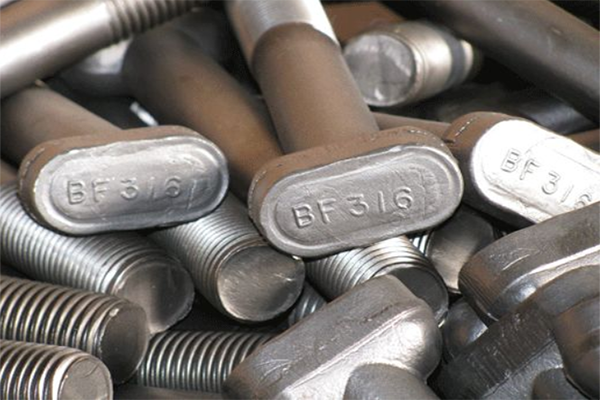Understanding and Preventing Fastener Corrosion
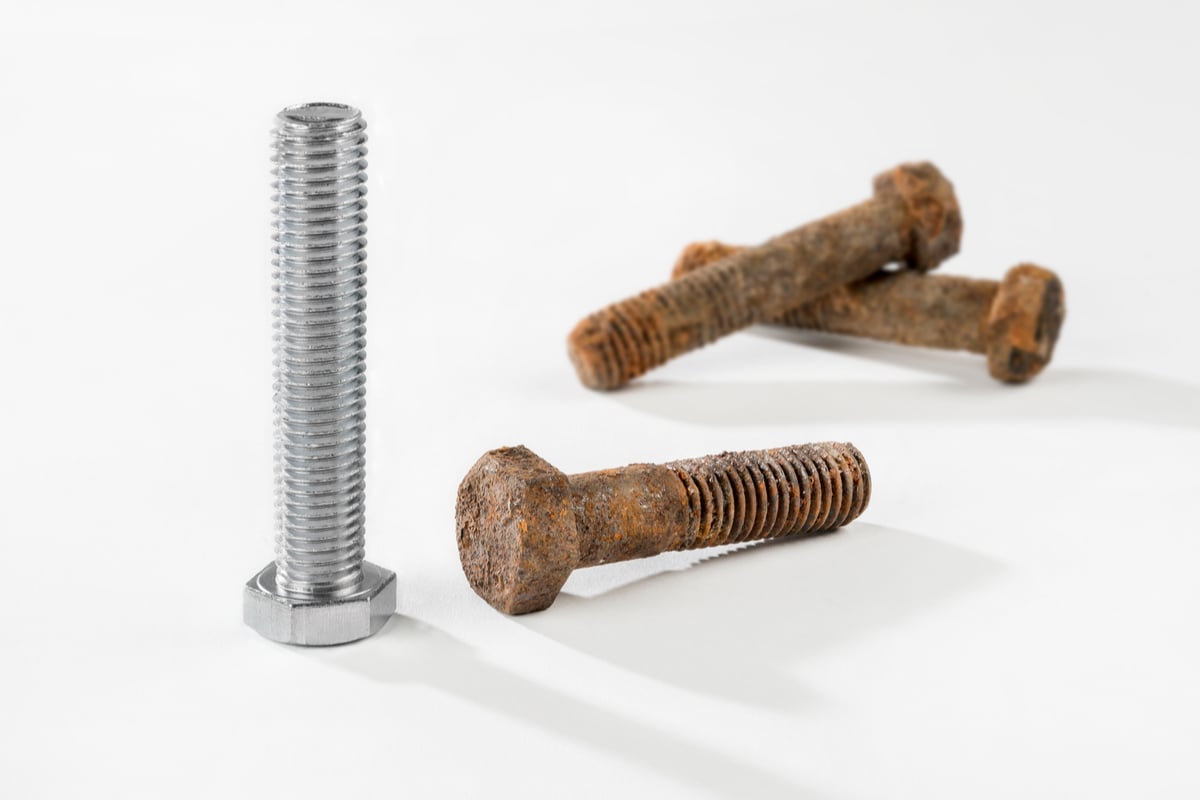
Fastener failures occur when the wrong fasteners are being used for a project, or the right fasteners are being treated incorrectly. Fastener corrosion is one of the most prevalent issues causing fastener failure. Let’s go over the what corrosion is, types of corrosion and how to avoid it in your project.
How Fastener Corrosion Occurs
Corrosion is the destructive alteration of metal by chemical or electrochemical reactions within its environment. Corroded parts fail for a variety of reasons including:
- Loss of mechanical integrity: corroded areas do not possess mechanical strength
- Fatigue: Corrosion site causes cracks in the fastener
- Loss of surrounding clamped materials: the material the fastener is clamping erodes around the head of the fastener
- Stress corrosion: exposure to harsh environment causing embrittlement
Types of Fastener Corrosion
There are two main categories of fastener corrosion: a direct chemical attack or electrochemical corrosion.
A direct chemical attack occurs when the material the fastener is made out of is soluble in its environment. This typically happens in harsh environments, like the oil and gas industry. To prevent this, make sure to choose a fastener material that is unaffected by solvent, or choose the proper coating to withstand the solvent.
Electrochemical corrosion encompasses many types of corrosion, and it results in many small electrical current flows through the fastener. This process results from the contact of two different types of metal or the presence of atmospheric oxygen within the presence of an electrolyte. Here are a few types of electrochemical corrosion you may encounter:
- Galvanic Corrosion - caused when two different metals are in contact, resulting in pitting or erosion damage.
- Stress Corrosion Cracking - caused when tensile stressed parts are in a corrosive environment. There is too much tension on the fastener, making it more susceptible to failure. Stress corrosion cracking can happen much more quickly than the other types of corrosion.
- Crevice corrosion - occurs in the crevices of a fastener that isn’t properly ventilated. This happens any place dirt or moisture accumulate. This is one of the more dangerous types of corrosion, as it often isn’t caught until after the damage has occurred.
- Uniform corrosion - occurs due to improper coating of the fastener, causing rust that makes the fastener difficult to replace.
- Pitting corrosion - caused when microscopic holes form on the fastener.
Avoiding Fastener Corrosion
The best way to avoid corrosion is to ensure you are using the right materials and coatings for the job. You should also make sure the fasteners are being stored properly on the jobsite, and are installed correctly. If you have any questions, always refer to your project engineer and follow the proper standards for the project.
***
Looking for domestic and imported fasteners? Birmingham Fastener has you covered! Our massive inventory ensures your bolts will be shipped fast and on time! Call us or get a quote online today!

The Power of Finding the Right Partner
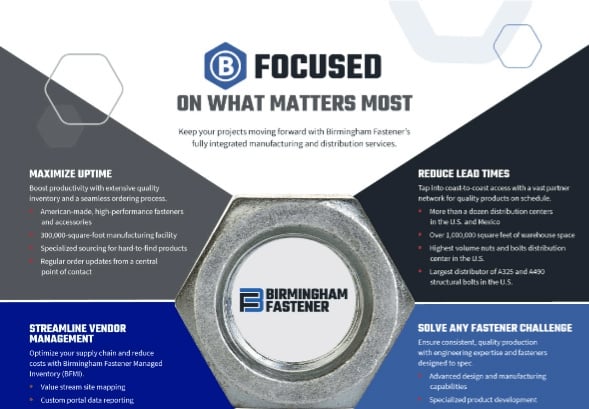
Focus on What
Matters Most
Related Posts
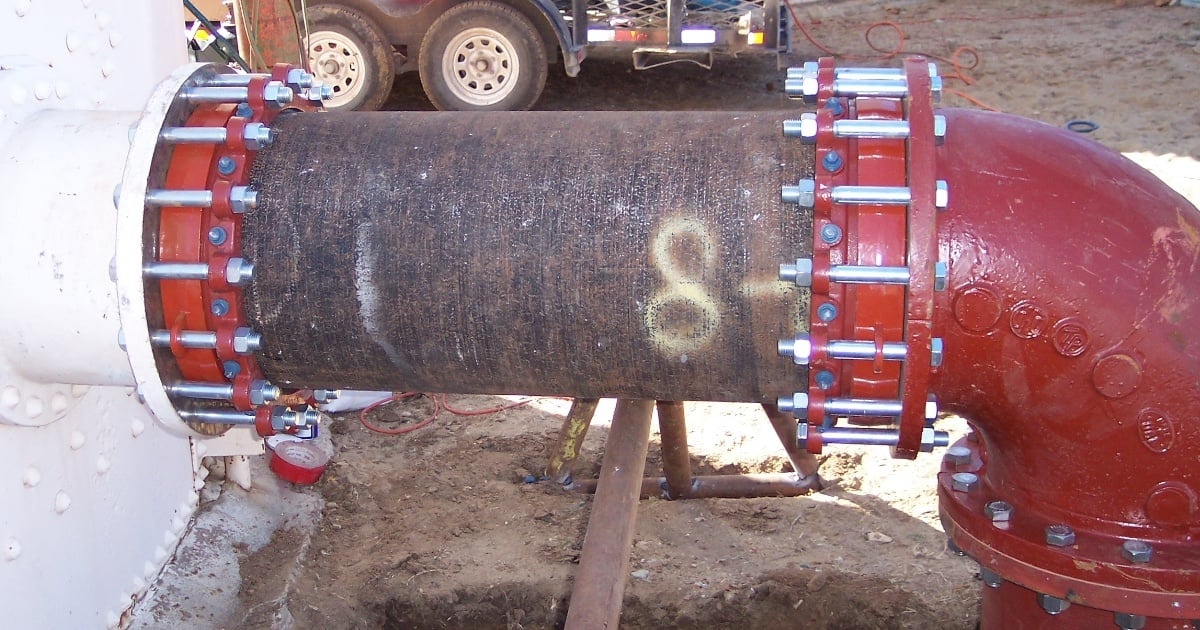
6 Tips for Fastener Selection in Waterworks Projects
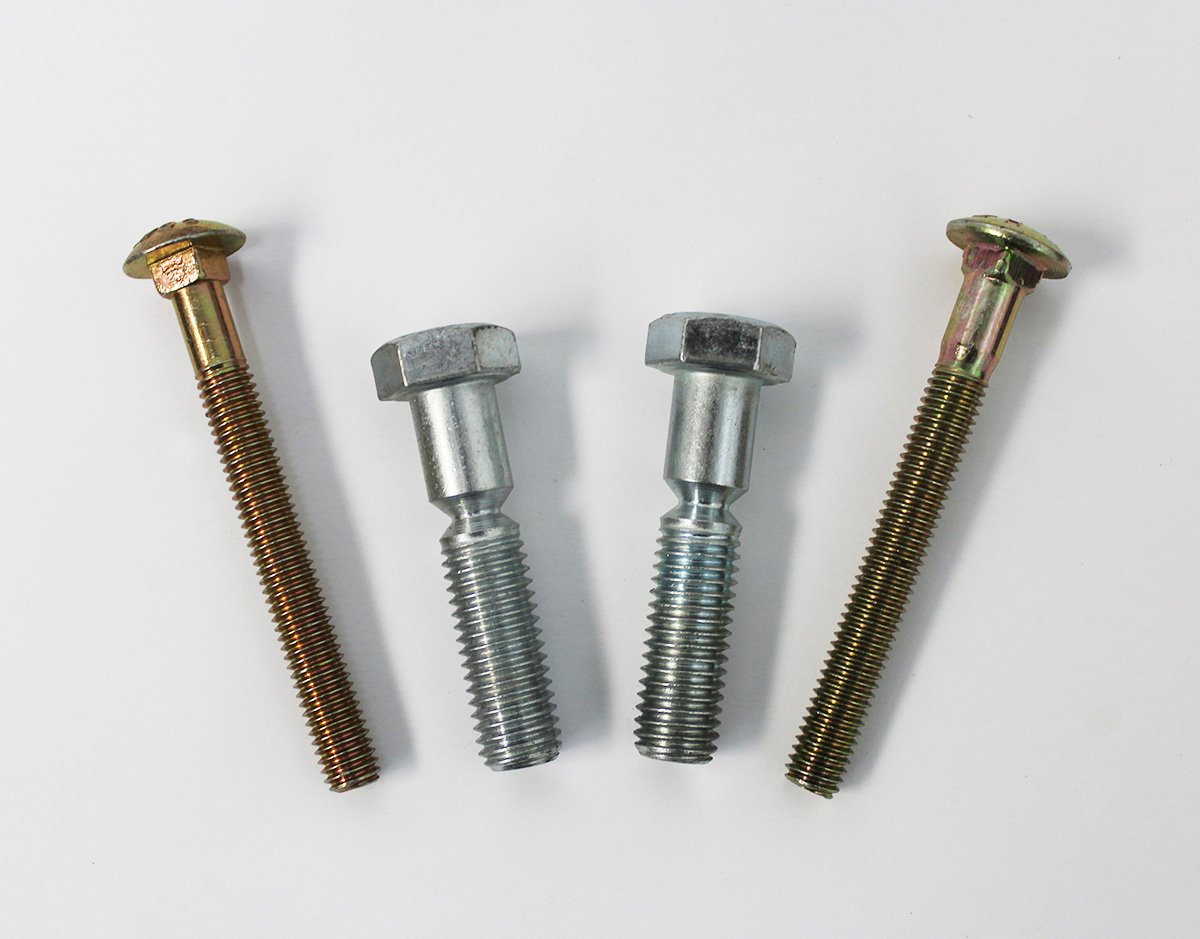
The Electroplating Process and its Benefits for Fasteners
